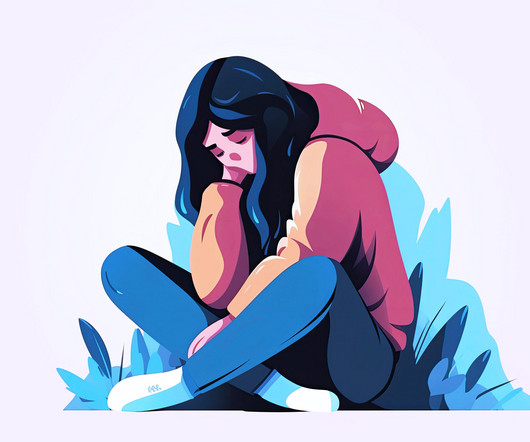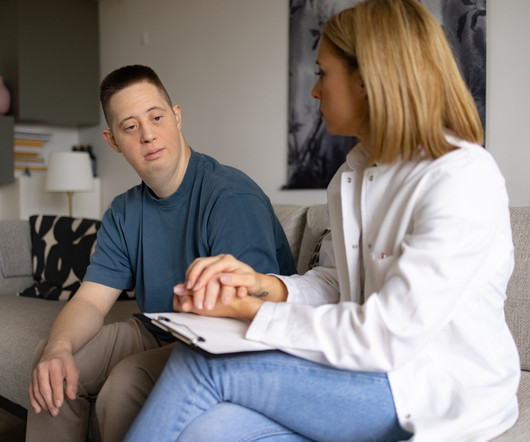Identifying the Signs of Anxiety in Teens – and When to Get Help
Clear Behavioral Health
JUNE 16, 2025
What are Anxiety Disorders? Anxiety disorders are a group of mental health conditions characterized by excessive worry, fear, or apprehension that is often irrational or disproportionate to the situation at hand [3]. These disorders can significantly interfere with daily life, relationships, and functioning.












Let's personalize your content